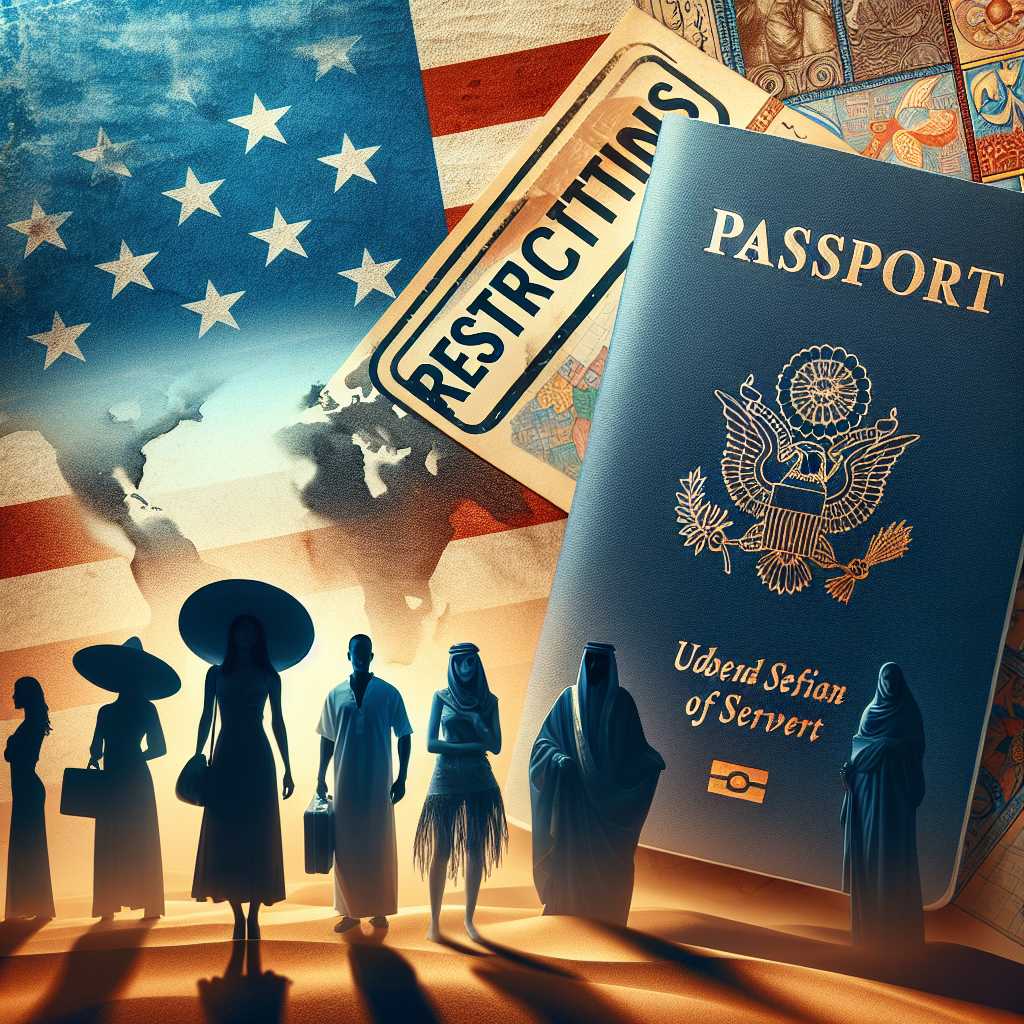Example Article
Origins and Legal Challenges of the Trump Travel Ban
The Trump travel ban, officially known as Executive Order 13769, was introduced in January 2017 as a measure aimed at enhancing national security by restricting entry into the United States from several predominantly Muslim countries. The initial version of the ban targeted seven nations: Iran, Iraq, Libya, Somalia, Sudan, Syria, and Yemen. This move was met with immediate backlash, sparking widespread protests and legal challenges across the country.
The ban underwent several revisions following judicial scrutiny, with courts questioning its constitutionality and potential violations of religious freedom and equal protection clauses. Notably, the Supreme Court eventually upheld a version of the travel ban in June 2018, framing it as a legitimate exercise of executive power over immigration. However, this legal endorsement did not quell the controversy surrounding its societal and diplomatic implications.
This early phase demonstrated how immigration policy could rapidly become a flashpoint for national debate on security versus civil liberties. The prolonged litigation underscored the complex balance between safeguarding borders and upholding fundamental rights within the American legal framework.
Impact on Immigrant Communities and Broader Social Consequences
Beyond legal battles, the travel ban deeply affected immigrant communities both within the United States and abroad. Families were separated as visas were revoked or delayed indefinitely, creating uncertainty and emotional distress among those caught in bureaucratic limbo. Students and professionals from affected countries faced obstacles that disrupted their academic pursuits and careers.
The psychological toll extended beyond direct victims; Muslim communities experienced heightened suspicion and discrimination amid rising Islamophobia. This atmosphere fostered an environment where fear and mistrust permeated social interactions, challenging America’s self-image as a welcoming nation for immigrants.
Moreover, the ban influenced diaspora relations globally. Countries targeted by the ban saw strained ties with the United States, which impacted cultural exchanges and economic collaborations. In many cases, these ripple effects illustrated how domestic policy decisions can have far-reaching social consequences.
Diplomatic Repercussions and Shifts in Global Perceptions
Internationally, the Trump travel ban was perceived by many as a unilateral assertion of American exceptionalism that disregarded established alliances and diplomatic norms. Several affected countries condemned the policy as discriminatory and damaging to global cooperation on security matters.
The ban also complicated diplomatic efforts aimed at counterterrorism collaboration. Partners expressed concern that such exclusionary measures undermined trust-building initiatives essential to intelligence sharing and joint operations. In some cases, governments responded by implementing reciprocal restrictions on US citizens or reevaluating bilateral agreements.
This episode highlighted how immigration policies are not merely domestic affairs but integral components of international relations. It prompted a broader discourse on how states balance sovereignty with global interconnectedness in an era of transnational threats.
Legacy and Lessons for Future Immigration Policy
Although the Trump travel ban was rescinded early in President Biden’s administration, its legacy continues to shape discussions around immigration policy in the US and beyond. It illuminated vulnerabilities in existing vetting systems but also provoked critical reflection on how security measures can inadvertently marginalise entire populations.
Policy-makers today grapple with finding nuanced approaches that protect national interests without sacrificing inclusivity or human rights principles. The travel ban experience underscores the importance of transparency, judicial oversight, and engagement with affected communities to ensure policies are both effective and equitable.
Ultimately, this chapter in US immigration history serves as a cautionary tale about the consequences of rapid policy shifts driven by political rhetoric rather than comprehensive analysis. It emphasises that sustainable immigration reform requires balancing security imperatives with respect for diversity and international obligations.
Notes
- The original travel ban affected over 150 million people across seven countries.
- Following legal challenges, the Supreme Court ruling marked one of the rare instances where national security concerns outweighed claims of religious discrimination.
- Surveys indicated a measurable increase in anti-Muslim sentiment in the US during 2017-2018.
- Several allied countries publicly criticised the travel ban, leading to diplomatic strains not seen since post-9/11 policies.
- Post-ban reforms focus increasingly on biometric data and risk-based assessments rather than nationality alone.

